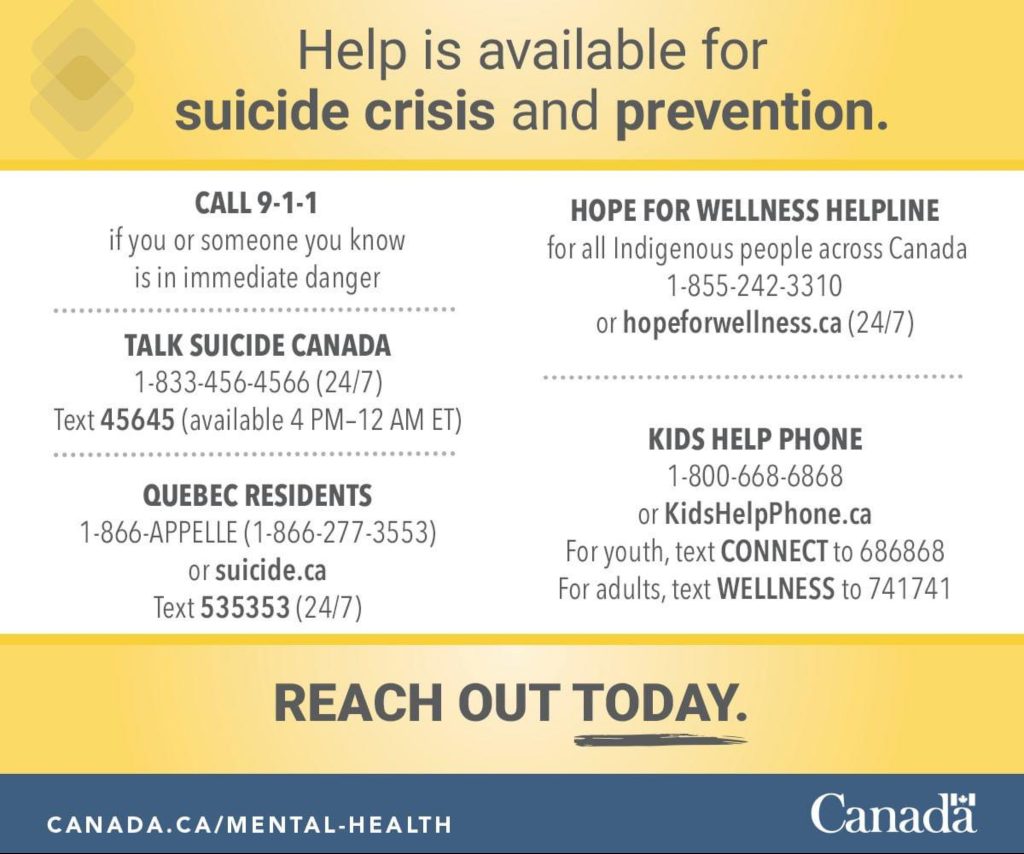
© iStock Credit Azurita
Scott Lear, Simon Fraser University
With the festive season upon us, many people will be gathering with family and friends, whether it’s a workplace party, a friend’s get-together or a quiet night at home watching Christmas movies. While enjoyable, these events can disrupt your healthy lifestyle habits.
A recent survey reported nearly 45 per cent of people take a break from exercise during the holidays, more than half say they feel more tired and have less time for themselves, and about one-third report drinking more.
My research looks at the benefits of a healthy lifestyle on physical and mental health. And many of these same healthy behaviours can help you navigate the holidays.
Eating right
Cakes, chocolates, spiced ham, turkey stuffing, mulled wine and other delights abound during this time of year. Most of these foods are high in fat, sugar and calories. So it’s no surprise the holidays are associated with a greater consumption of food. And one survey even pegged people eating close to 6,000 calories on Christmas Day. That’s two to three times the daily caloric recommendation for most people.
With this amount of eating, there are many claims the holidays result in weight gain. While there is an enduring rumour that average holiday weight gain is five to 10 pounds (2.25 to 4.5 kilograms), in reality it may be much less. A study published in 2000 reported it to be only around one pound, or about half a kilogram. However, as this was an average amount, there were still some people in the study who gained five or more pounds.
While indulging on one or two occasions isn’t going to derail your diet, if you have a holiday circuit of events you do, you may want to develop a strategy on how to manage your diet. First ask yourself if you need (or want) to go to all of them.
For the events you do go to, pick one or two occasions at which you’ll indulge. These might have the best food, or your closest family and friends are present. For the others, try staying on the healthier side of things.
Before you go, make sure you eat well during the day leading up to your event so you’re not going to the event hungry. Also, make sure you get plenty of sleep. A lack of sleep can make you more likely to reach for high-energy foods and eat more.
Try to enlist a health buddy, whether a friend or even the host, to keep you on track. And be mindful of alcohol intake, which can impair your self-discipline.
Staying active
When it comes to exercise, most of us are creatures of habit. This is a good thing, because having a routine is the best way to maintain regular exercise. But the holidays are anything but routine. Gyms, pools and community centres may have shortened hours or be closed. Your trainer or aerobics instructor may have taken time off.
Now, missing a few exercise sessions isn’t going to affect your fitness and long-term health, but it can affect your mood. Exercise is known to increase energy levels, improve mood and reduce stress. All of which can be helpful during the frenetic holidays. And missing an exercise session can be like not having your morning coffee.
But the holidays also present numerous opportunities to get in a lot of activity — from shopping to Christmas markets to walking around your neighbourhood looking at the decorations.
You can also get into the holiday spirit by singing Christmas carols (or any other song). Singing can reduce anxiety, potentially increase your lung capacity and increase the number of infection-fighting molecules in your blood. And singing with others is known to build social bonds and release oxytocin, which can improve one’s mood.
While the quality of your singing doesn’t matter for most of these benefits, the more you do sing, the more you’ll likely benefit.
Managing stress

©Stockxpert
Nearly 90 per cent of adults in the United States associate the holiday season with some form of stress. While the holidays are meant to be a period of joy, it’s not uncommon to feel overwhelmed by the shopping, hosting events, expectations of others and the added financial costs.
This may be one of the reasons why the number of heart attacks and cardiac-related deaths increase during the holiday period. In addition, it’s believed people delay seeking treatment during the holidays, given that emergency department visits spike after they’re over.
Stress occurs when people feel they don’t have control over what’s going on. Setting up a holiday plan can help. Your plan could include a spending budget, which events you’ll attend and which you’ll say no to. If you’re hosting a dinner, plan the menu ahead of time, enlist help from others or even get take-out.
Other strategies for managing, and preventing, stress include getting regular exercise, ensuring you get enough sleep, avoiding unrealistic expectations and setting aside some quiet time to do something just for yourself.
While we all want things to be perfect, even the best plans may go astray. If that does happen, that’s okay and go easy on yourself. If you do find the holidays challenging, make sure you speak up to the people around you for their support.![]()
Scott Lear, Professor of Health Sciences, Simon Fraser University
This article is republished from The Conversation under a Creative Commons license. Read the original article.



